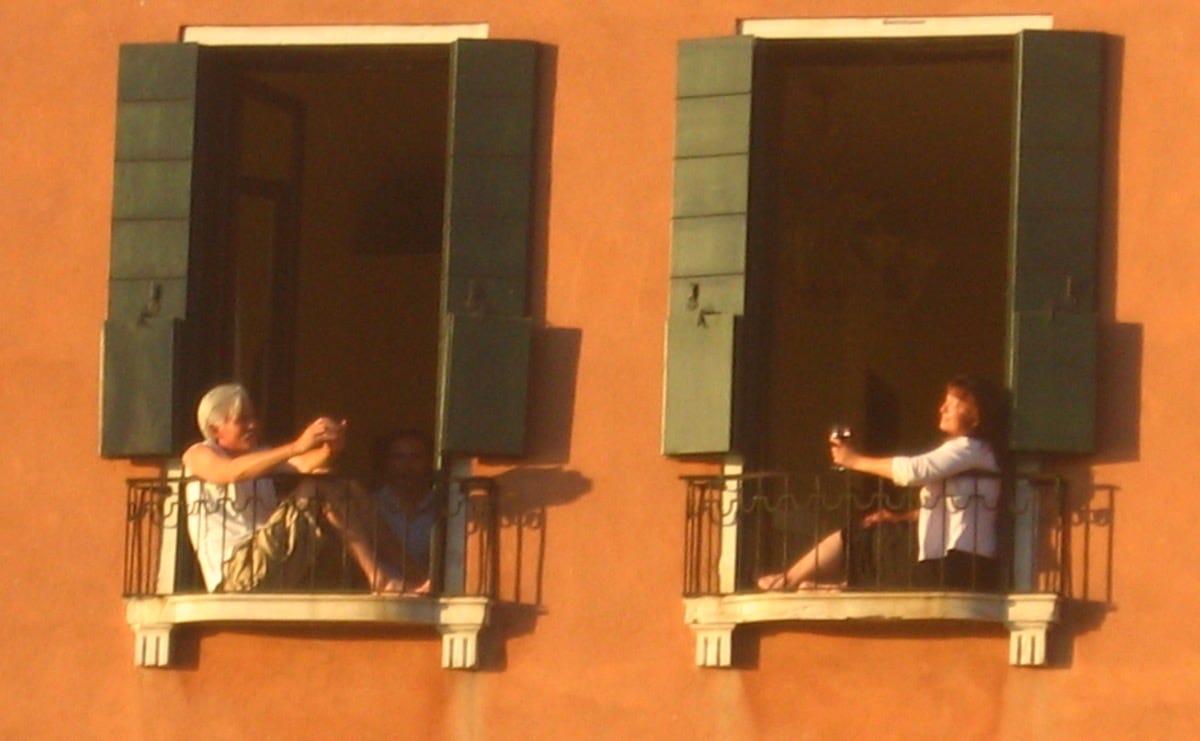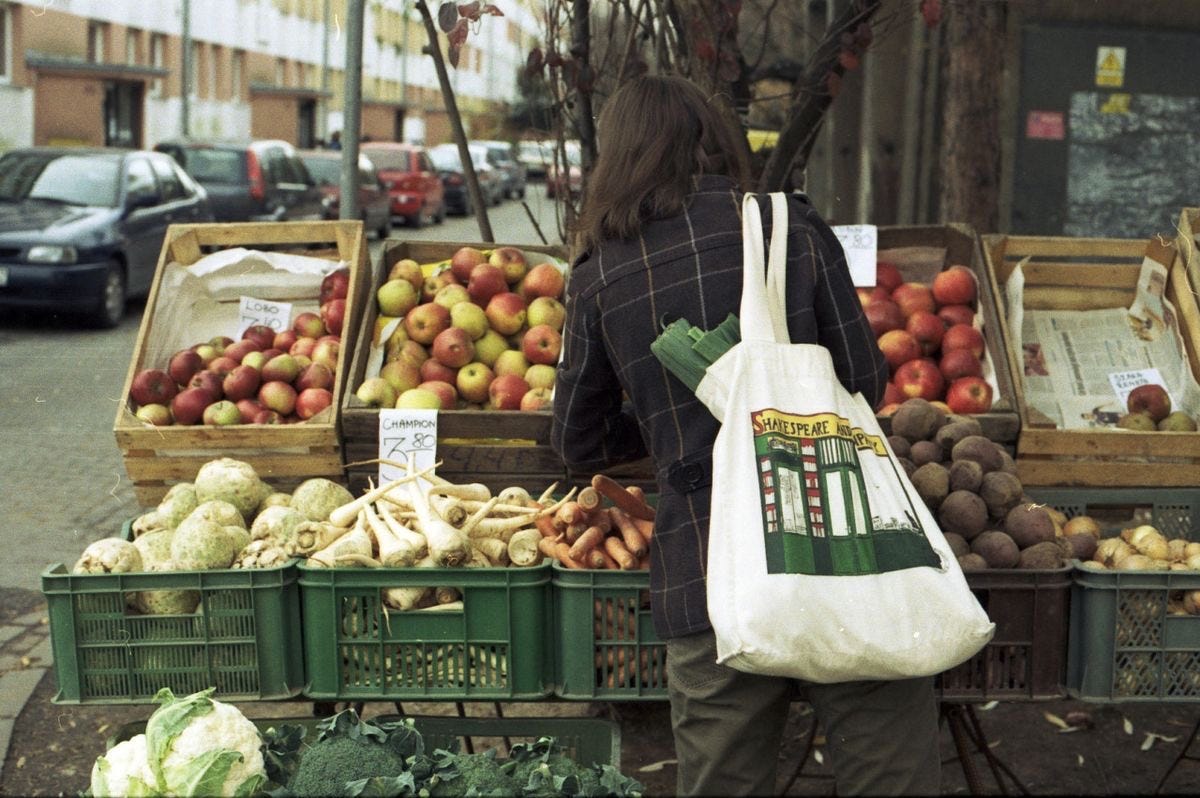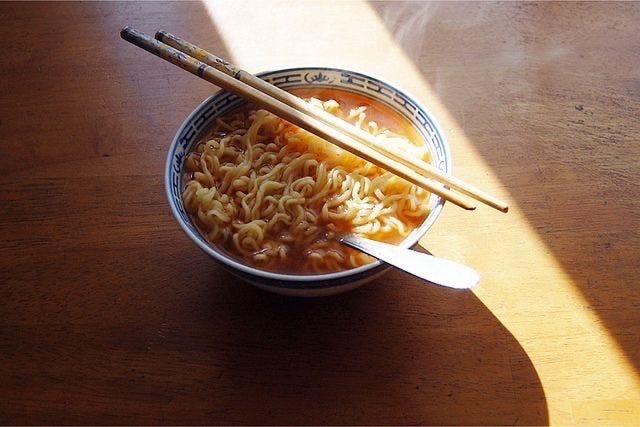there’s an old italian saying, dolce far niente—the sweetness of doing nothing. it evokes images of sun-dappled piazzas, leisurely meals that stretch long into the afternoon, and an unhurried rhythm of life that feels so foreign to us now. in a world dominated by the grind, the hustle, and the relentless pursuit of optimization, the idea of simply existing feels almost radical. but lately, something has been shifting.
for the last decade, productivity wasn’t limited to just value; it burdened as to have it as a personality trait. waking up at 5 am, journaling with militant consistency, cold plunging, meal prepping, and squeezing in a pilates class before your first meeting of the day—this was the blueprint of high-status living. the more optimized your life was, the more aspirational it seemed. even leisure became transactional, repackaged into self-improvement: reading wasn’t for pleasure but for growth; meditation wasn’t about stillness but increasing your focus. everything had to have a measurable outcome.
but here we are in 2025, and the pendulum is swinging. quietly but steadily, a new kind of aspiration is emerging, one that values not doing but simply being.
the ability to waste time has become the new status symbol (a new status that i don’t mind by any means). think about it—who can afford to sit for hours at a café, nursing the same cup of coffee while chatting aimlessly with friends? who has the autonomy to take a spontaneous midweek trip or spend the morning in bed, scrolling through their thoughts instead of their to-do list? in an era where time feels like the most precious commodity, the ultimate luxury is to not rush through it.
this cultural shift is no accident. we’ve spent years tethered to a system that equates worth with output. but after enduring burnout, financial instability, and a global reckoning with our priorities, people are realizing that the grind doesn’t love us back. the dream we were sold—work hard, achieve more, then relax—has left us depleted and disillusioned.
this shift also mirrors larger economic and social trends. as cost-of-living pressures mount, the dream of “having it all” feels increasingly unattainable. now, true luxury is about feeling enough as you are. and with that comes a new kind of high-status archetype: the person who exists with ease.
take the rise of vague, almost ethereal job titles: creative consultant, director of vibes, brand storyteller. these roles are often less about specific tasks and more about crafting a life of autonomy and flexibility. they signal freedom—the ability to work from anywhere, to say no to opportunities that don’t align with personal values, to prioritize time over money.
we’re also seeing a return to rituals that prioritize slowness. long meals with no rushed endings. walks with no destination in mind. books read purely for the pleasure of them. this is a quiet rebellion against a culture that has tied our value to what we produce. in fact, it feels reminiscent of certain european cultures where leisure is woven into the fabric of life. the french concept of flânerie—aimless strolling for the sake of observing and absorbing life—is another example. it’s not just about idleness; it’s about creating space for inspiration, connection, and joy but aligned with just our own personal values.
but perhaps the most radical idea of all is the notion that our lives aren’t meant to be optimized to the last second. instead of curating ourselves for external validation, we’re learning to curate our lives for our own fulfillment more to redefine them and less for rejecting ambition or goals. a life well-lived isn’t measured by milestones achieved but by the quality of our experiences, the depth of our connections, and the ease with which we move through the world.
this shift isn’t without its challenges. after all, we’ve been conditioned to equate busyness with importance. learning to value stillness, to embrace time as something to be savored rather than conquered, requires unlearning decades of societal programming. but the reward is profound: a life that feels like yours, not one dictated by someone else’s blueprint.
in many ways, this movement is a reclamation of the human experience. it’s a reminder that we weren’t put on this earth to work endlessly, to optimize relentlessly, or to chase an ever-moving finish line. we’re here to feel, to connect, to simply be.the truth is, we’ve been tricked for so long into believing that our worth lies in how much we do, how well we perform, and how seamlessly we can outrun time. but maybe the quiet rebellion is realizing that life isn’t a race, nor is it a to-do list waiting to be conquered. it’s in the long conversations over coffee, the afternoons that bleed into evenings without agenda, and the gentle refusal to chase after a version of success that doesn’t belong to you.
living effortlessly doesn’t mean being lazy—it means being intentional. it means choosing to exist for yourself, rather than performing for a world that never seems to be satisfied. it’s about letting the world rush past you while you find your own rhythm, not because you’re falling behind, but because you’ve chosen to step out of a game you no longer wish to play.
and maybe, just maybe, the real luxury today isn’t in what we do or what we own—it’s in how we feel when we let ourselves simply exist. not as a product of optimization, but as a person who understands that sometimes, enough is just… being.








“The grind doesn’t love us back” !! Yesss - this.
“a life well-lived isn’t measured by milestones achieved but by the quality of our experiences” — this is beautiful. Such a brilliant piece fr